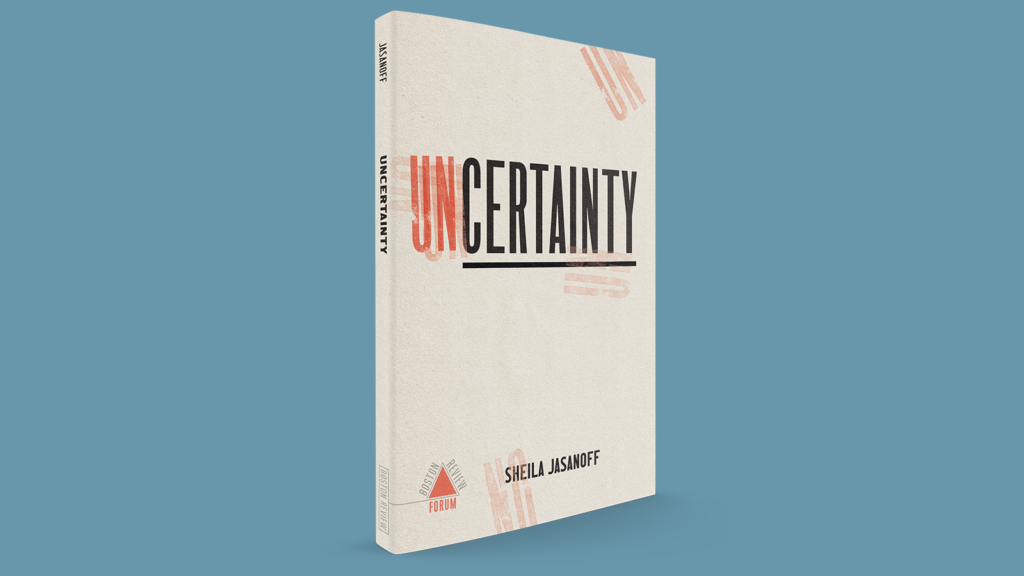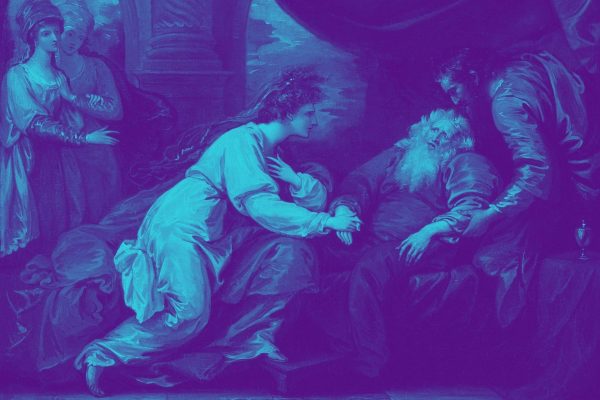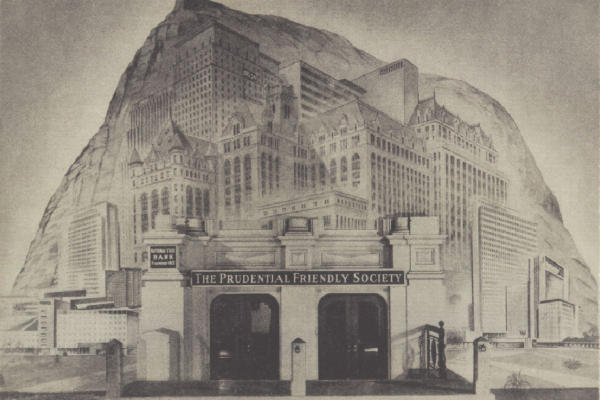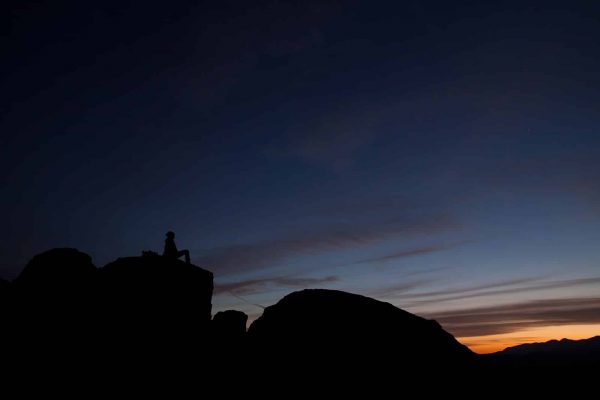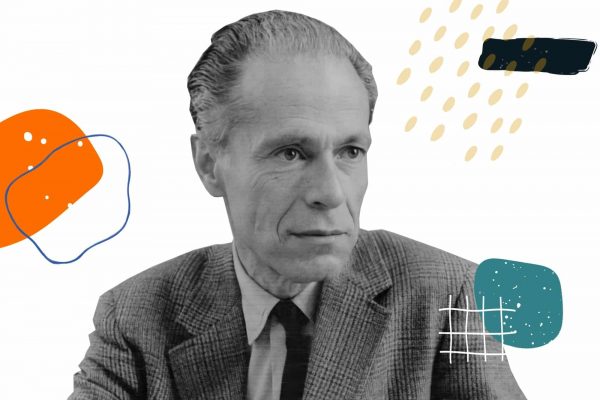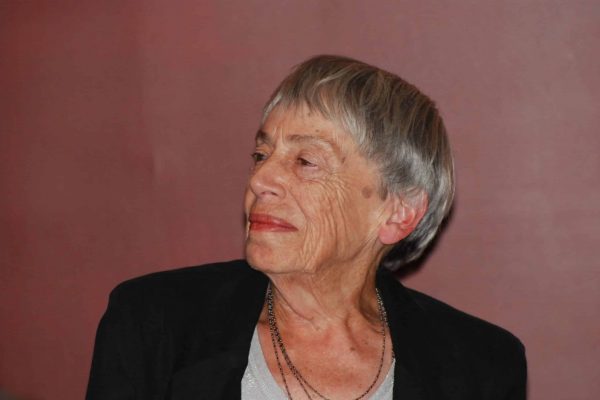Uncertainty
Nearly two years into a global pandemic, uncertainty has profoundly unsettled both our personal and political lives. Some of its sources are epistemic: How long will vaccine immunity last? Do rising prices threaten economic recovery? Others are sharply existential: How will I pay rent next month? Will I see my loved one again? At no other moment in the twenty-first century has there been such widespread unease about what the future holds.
Uncertainty is perhaps never more consequential than where it intersects with political power. Leading this issue’s forum, Sheila Jasanoff, pioneering scholar of science and technology studies, argues that public policy could benefit from a much more serious acknowledgment of uncertainty. In place of the hubris of technocratic expertise, Jasanoff calls for “technologies of humility”—institutional mechanisms, including greater citizen participation, for incorporating a wider range of experience and views in our schemes of democratic governance. Respondents to Jasanoff consider other causes of pandemic mismanagement and ask whether humility is the best response.
Other contributors extend the discussion of uncertainty beyond COVID-19, from philosophy to anthropology. Together they make clear that uncertainty need not be paralyzing. As Simon Torracinta observes, the late social scientist Albert O. Hirschman saw it as an opportunity. Perfect planning is impossible, he thought, but that shouldn’t stop us from trying to build a more just world.
Editors’ Note
Forum: “Preparedness” Won’t Stop the Next Pandemic
Opening
The United States wasn’t prepared for COVID-19, despite decades of warnings. What must we do to plan more effectively?
Essays
How philosophical thinking can make truthfulness possible even when the truth can barely be fathomed.
Private insurance companies have long dominated the provision of social security in the United States, but resistance is growing.
Studying the social world requires more than deference to data—no matter the prestige or sophistication of the tools with which they are parsed.
For economist Albert O. Hirschman, social planning meant creative experimentation rather than theoretical certainty.
